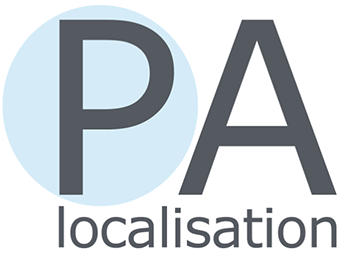Legal translations are a crucial facet of articles of incorporation, international contract, patents, depositions, intellectual property documents, employment agreements, insurance claims, non-disclosure agreements, company bylaws, and wills. Here are some of the pain points of legal translation that one must avoid during the translation process.
Over-translating
You don’t have to translate every word and every document involved in the legal process, especially if you have a lot of content to translate. While you may have the resources to do that, it’ll take up the time that you may not have at your disposal.
The solution for this is to tell the legal translators what should and shouldn’t get translated. Our legal translators are skilled and vetted and adhere to the industry standards to offer you appropriate translated texts in record time.

Wrong linguists
Your translators should have the relevant experience and knowledge to understand the legal terminology. A non-specialized translator will not do an accurate job of translating legal text.
Linguists with ample experience working with layers, legal system, and law firms can offer the best results. Specialized translators can have spot-on know-how of the unique terminologies.
You must ensure that the linguists also pay attention to punctuation and syntax throughout the legal document to ensure accuracy, as a misplaced colon can change the sentence’s meaning.
Limited awareness of different legal systems
Each country has its own set of laws and court systems in place. Because of that, not every legal jargon or term will mean the same in different languages. For instance, in the UK and France, the phrase ‘Garde des Sceaux’ translates into ‘Guardians of the Seals.’ This phrase has no equivalent in the British system. It’s legally translated as ‘Justice Secretary.’
Legal translators need to have experience working with different languages and legal systems of different countries. Nuances specific to different countries must be recognized and converted.

Knowing when word-for-word translations are required
The verbatim translation is rarely required in legal translation. In most conditions, changing the sentence’s phrasing can make the meaning of the translated sentence clearer. The translator should be aware of when the literal translation is needed, like for courtroom depositions.
Failure to use a glossary of terms
Legal term glossary can make a huge impact on the translation outcomes of legal document. Every law firm has a different set of policies and standards that cause the jargons to be different from other firms. Legal translators can make this glossary for every project they undertake.
Setting impractical deadlines
High-quality legal translation can take time. Therefore, you mustn’t put impractical deadlines on your team. It’s not possible to finish a lengthy legal contract in one day without a compromise on quality. While companies can increase the number of people working on the project, it will be difficult to manage, and degrade the quality of work.
Get High-Quality Legal Translation Services
PA Localisation consists of a robust team of language specialists dedicated to delivering impeccable localisation solutions to clients from different industries. We offer sector-specific services, like legal translation services, software localization services, and medical manuscript writing services.
Our leading experts use innovative technology to work for clients ranging from the supply chain, business, healthcare, law, and more. Get in touch about your translation project, and we’ll assist you in the best possible way.

